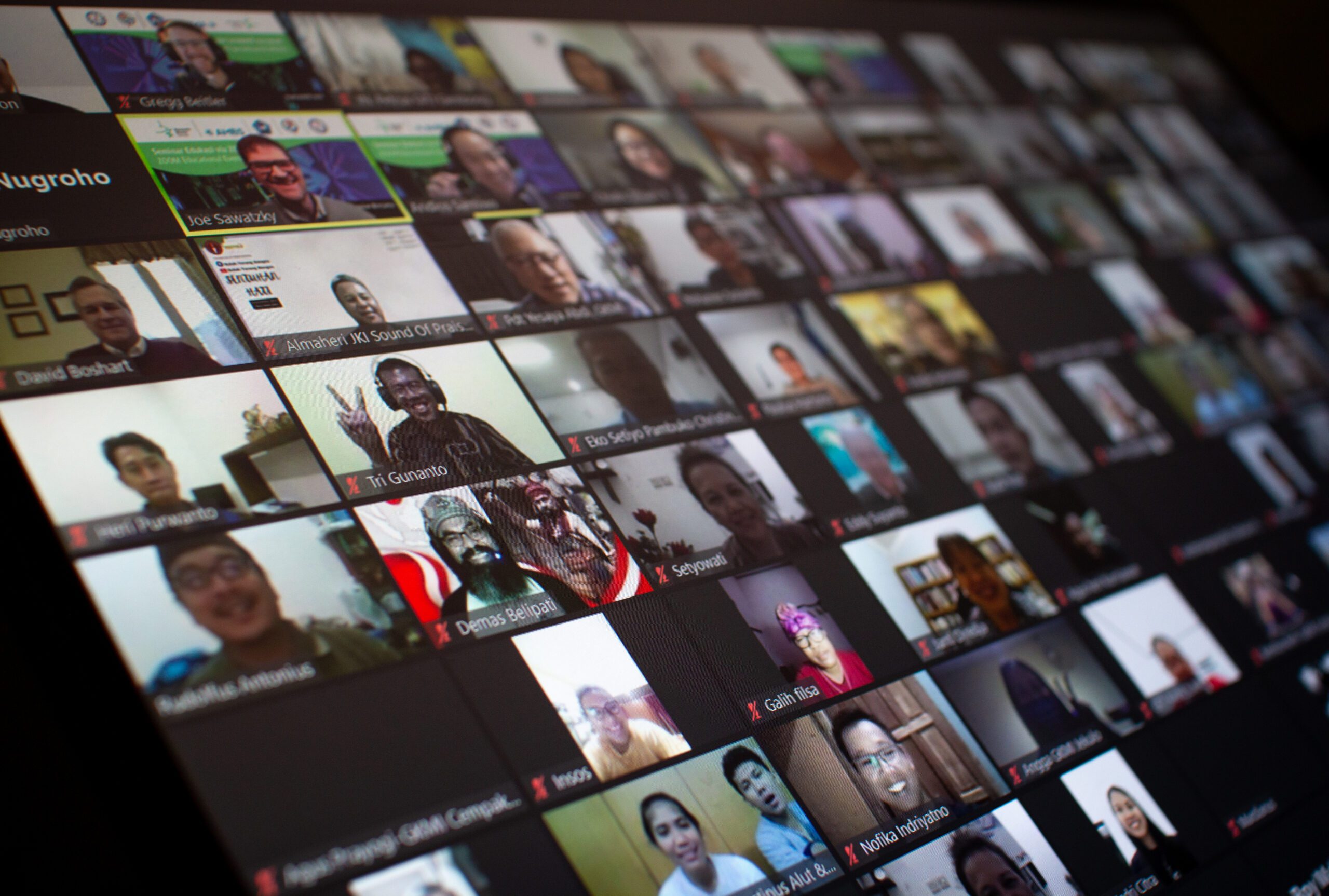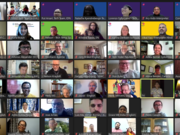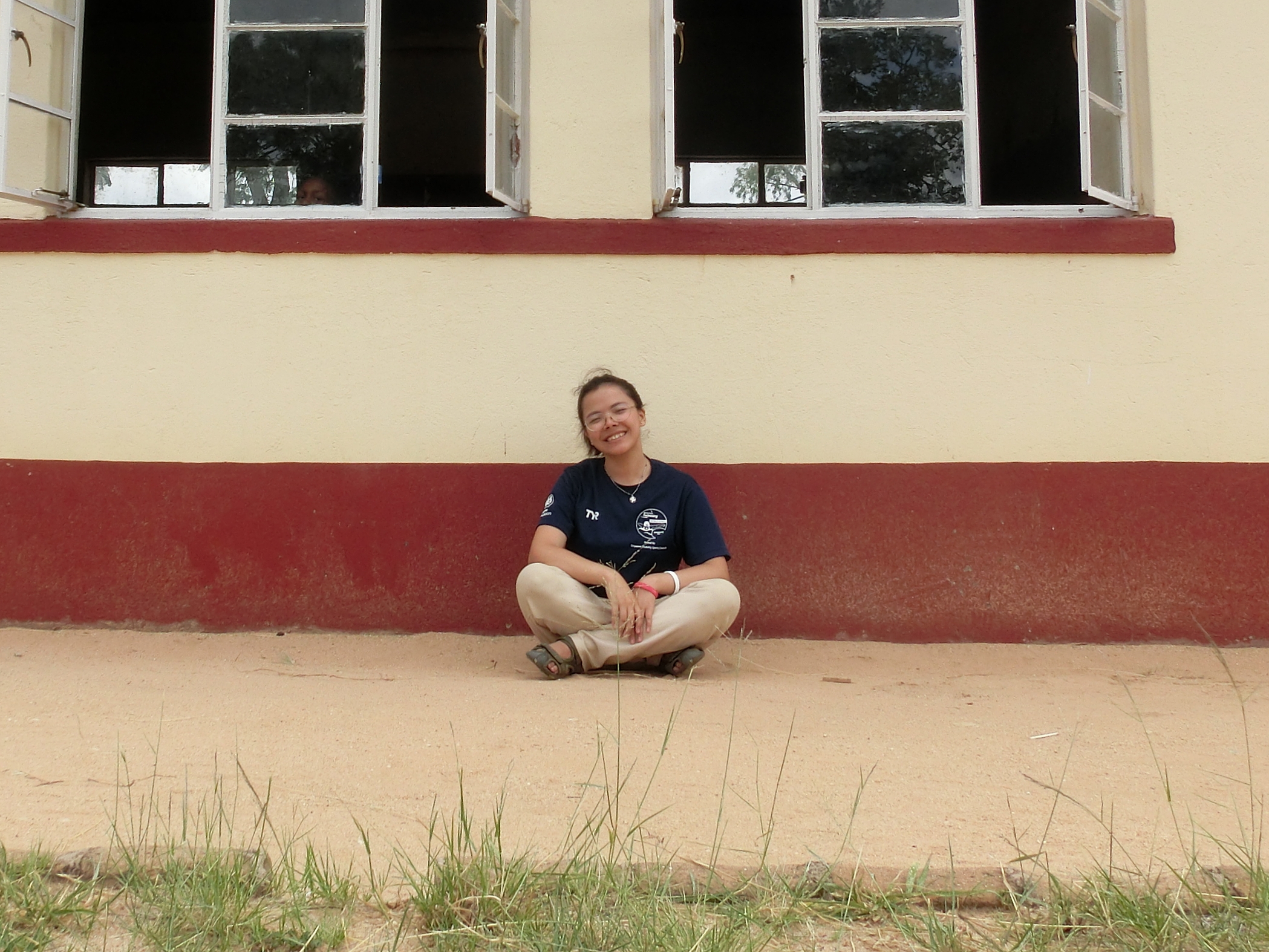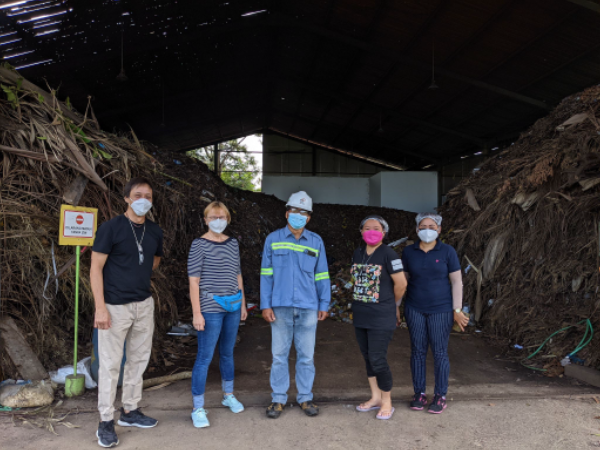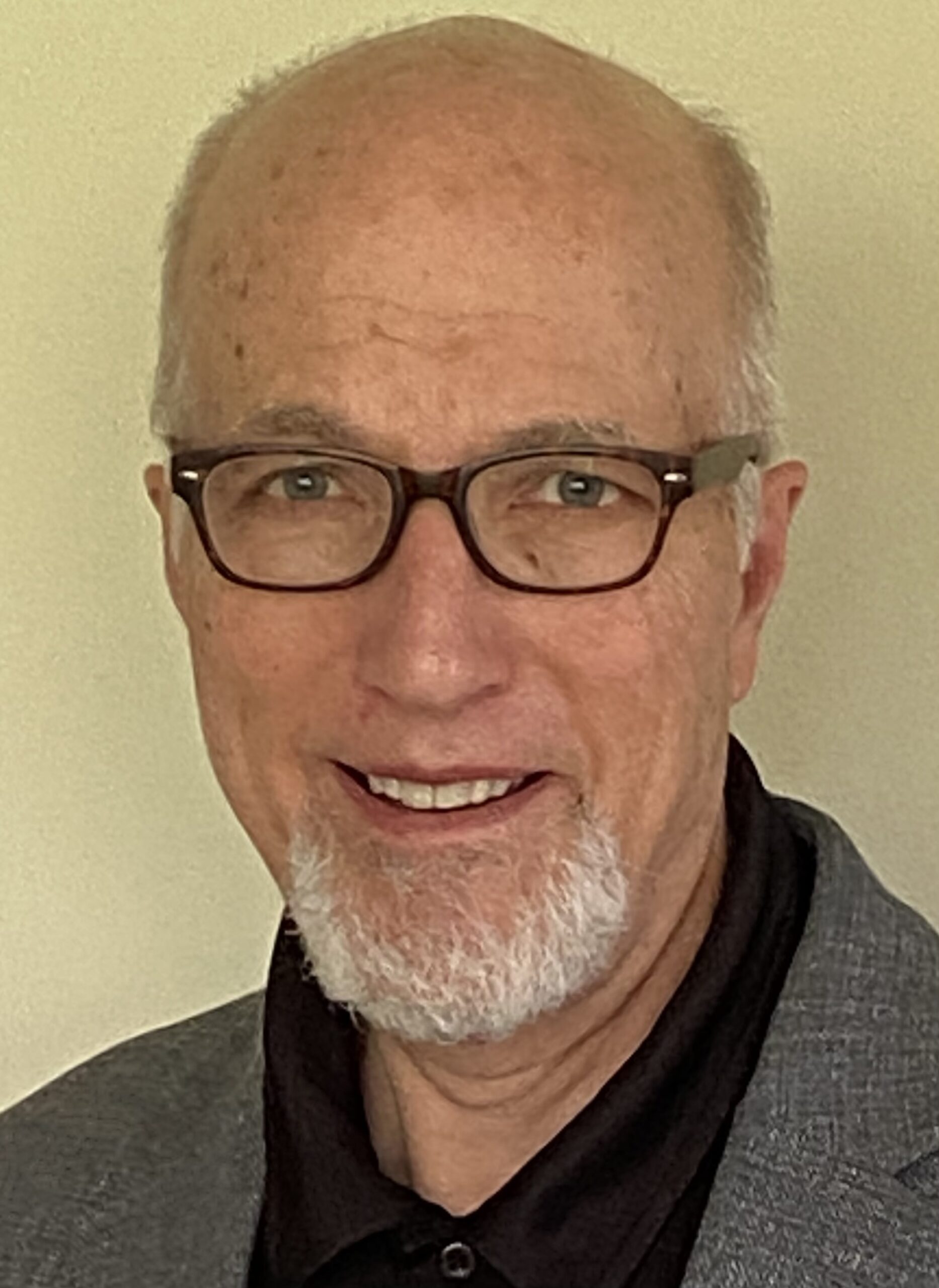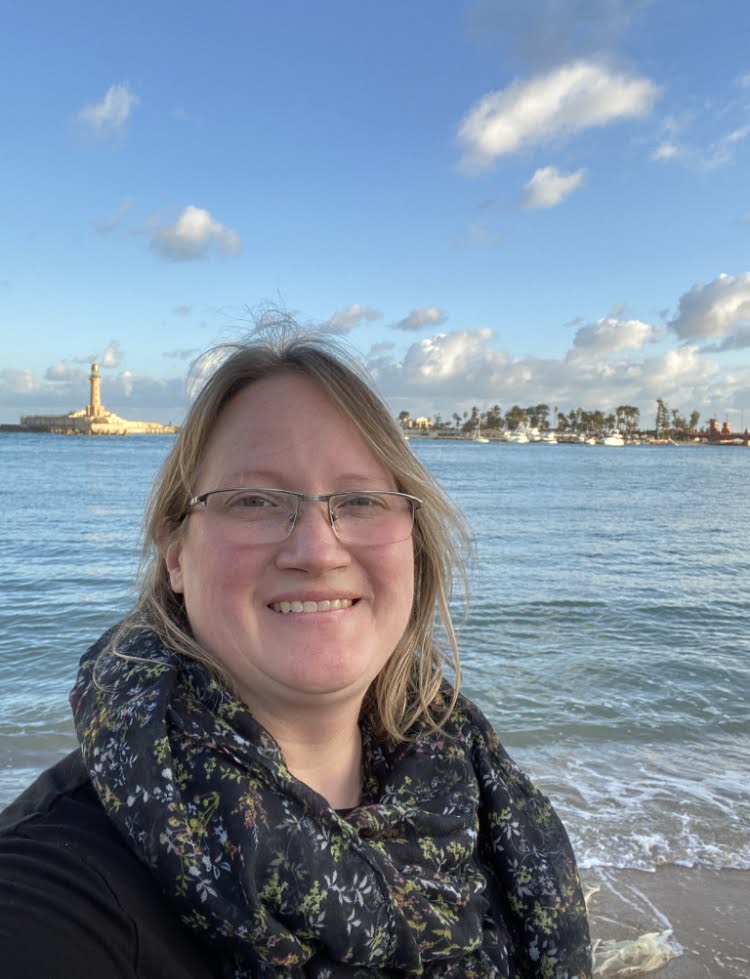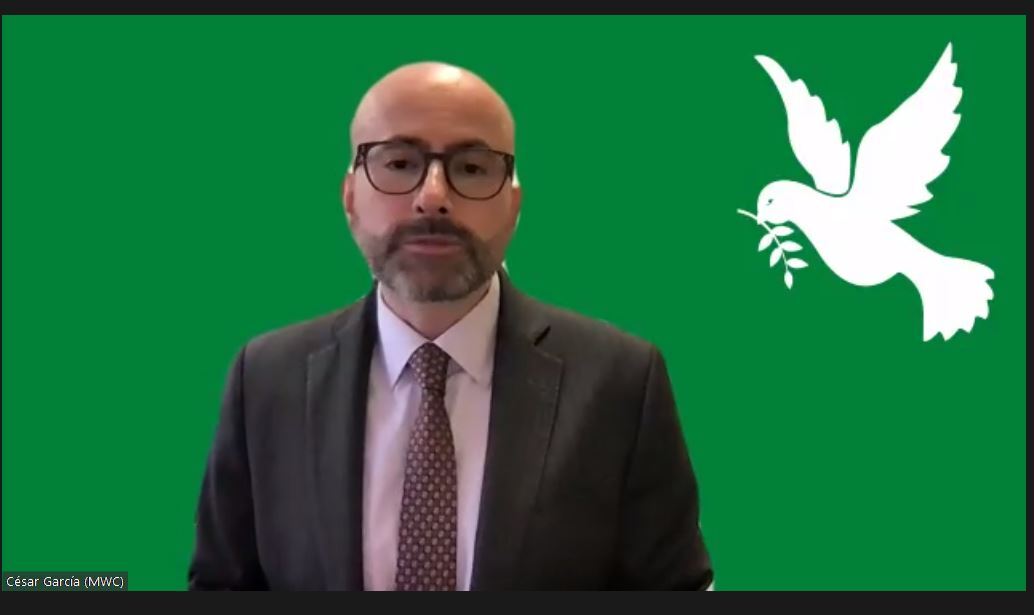-
“They didn’t want to leave”
Virtual education series explores peace theology At the end of the first evening of the virtual educational series, “From Chaos to Shalom: Exploring Peace Theology Together,” Andios Santoso and Joe Sawatzky struggled to wrap up the Zoom session. The concluding prayer had been spoken. The scheduled end time of 9 p.m. had come and gone.…
-
After Zoom, prayers carry on
Online Prayer Hour doesn’t end when the hour does. Not only do participants in Mennonite World Conference’s bimonthly prayer meeting continue for another 15 minutes – greeting each in other in a pandemonium of languages – they also carry prayers back to their local congregations. On 18 March 2022, participants in breakroom rooms prayed in…
-
How should Mennonite World Conference engage the church with creation care?
This series of stories on the creation care survey has illuminated the importance of issues like climate change in the lives of Anabaptists around the world. We now come to the last question: what should Mennonite World Conference do in response? The Creation Care Task Force is taking your responses as guides for crafting activities…
-
How Assembly food waste will end up as fertilizer
In Indonesia, a country where sorting and proper treatment of trash is rare, how do we run the Assembly sustainably? In 2019, Bangun P. Nugroho, a member of Jemaat Kristen Indonesia (JKI church) Holy Stadium in Semarang, Central Java, realized that landfills are filling up fast with a mix of organic and inorganic waste. The…
-
Etudier la Bible ensemble en Eglise : galËre ou plaisir ?
Les soirées d’études bibliques ne sont pas toujours fréquentée par des foules… Pourquoi ? Que faire pour les rendre attractives ? Une prise de conscience de l’importance d’étudier ensemble la Bible serait-elle à promouvoir ? Point de vue français et congolais dans le cadre d’articles publiés par le Réseau mennonite francophone sur plusieurs supports (Courrier…
-
Believe and be baptized!
These words of Jesus (Mark 16:16), repeated at Pentecost by the apostle Peter (Acts 2:38) inspire Anabaptists and spur us to action. “Baptism” is in our very name – and our practice is a key marker in our formation as a group of Christ followers. But what is our practice? Sprinkling, pouring or immersion? When…
-
An occasion for confession and transformation
A focus on history can easily shade into hero worship – a focus on earthly figures rather than on Jesus, “the founder and perfector of our faith” (Hebrews 12:2). Preserving historical memories can become a form of nostalgia, or a defense of the dead weight of tradition and the status quo.
-
A golden opportunity to strengthen health systems
“Not on my watch!” The math wasn’t good enough for Sara Hildebrand. The COVAX plan to bring 1 billion doses of vaccine to people in the developing world would reach less than 20 percent of world’s poorest people in 2021. “The world needs people of faith to raise a collective voice,” thought the founder of Millennium…
-
A changed life
At a place where springs appear in the desert east of the Jordan River, a guide explains that this is where John baptized Jesus – at “Bethany beyond the Jordan” (John 1). Modern wooden structures stand where early Christians once built churches. Here, John called crowds to repentance for the forgiveness of sins. Repentance meant…
-
Anabaptists around the world care for creation
Stories from around the world teach how we respond as faith communities to the challenges of climate change. The 353 responses to the Creation Care Task Force survey contained many stories of churches caring for creation. This month, we highlight responses that emphasize how congregations creatively enact local solutions as faithful response to the injustices…
-
Ministry partner update: ICOMB – March 2022
God’s Spirit gives us hope (Romans 15:13)! The presence of God’s Spirit in our hearts bears witness that we are adopted as children of God and heirs to his promises (Ephesians 1:5-6; Romans 8:14-17; Galatians 4:4-7). The Spirit is described as a seal of God’s ownership (Ephesians 1:13-14; 4:30) – He is the down payment…
-
Prayers beat swords into plowshares
“Hope that results from faith in Jesus may be defined as ability to see a new reality. To long for a different world and behave as if we were already in it. Waiting on Christ is never passive, never simply a feeling.” Mennonite World Conference general secretary César García offered this message in an ecumenical…
